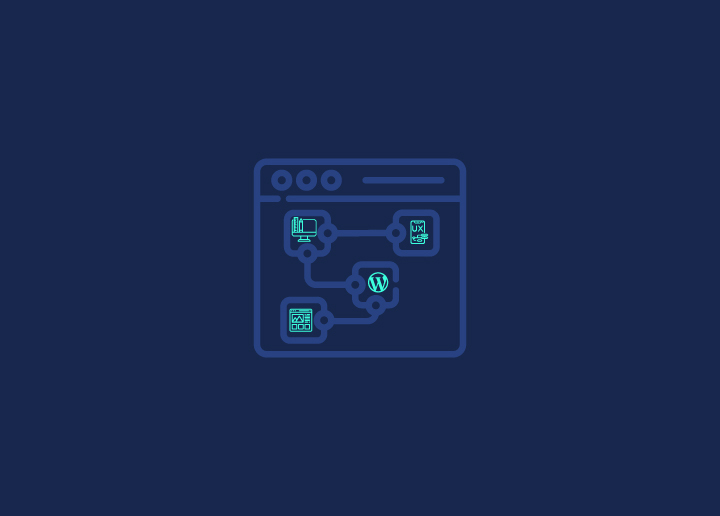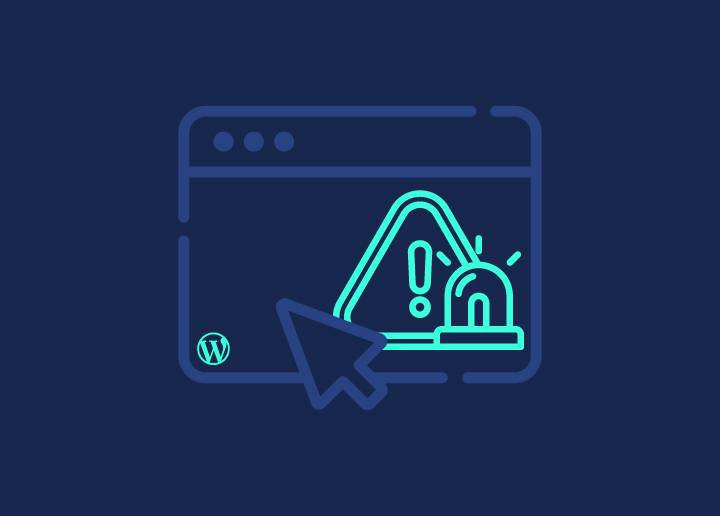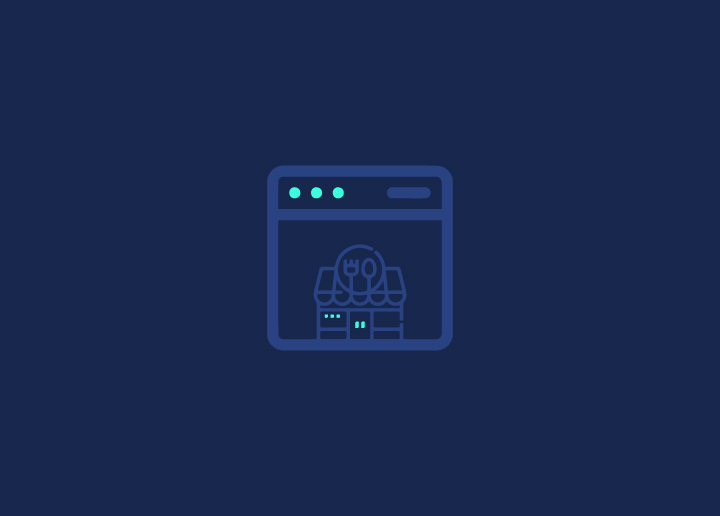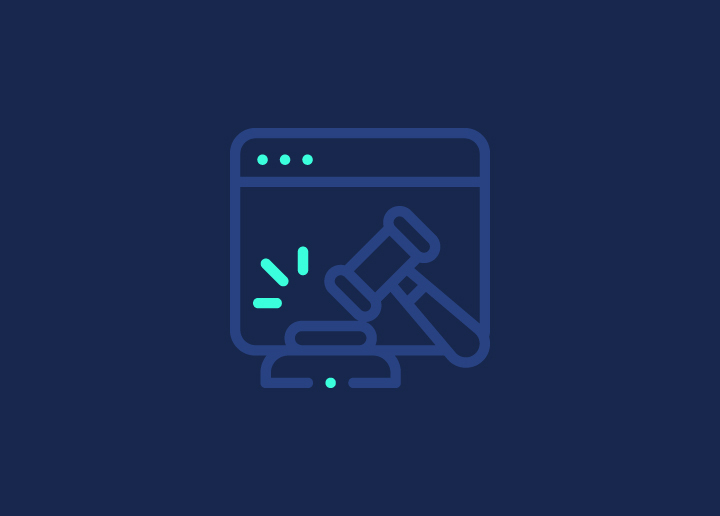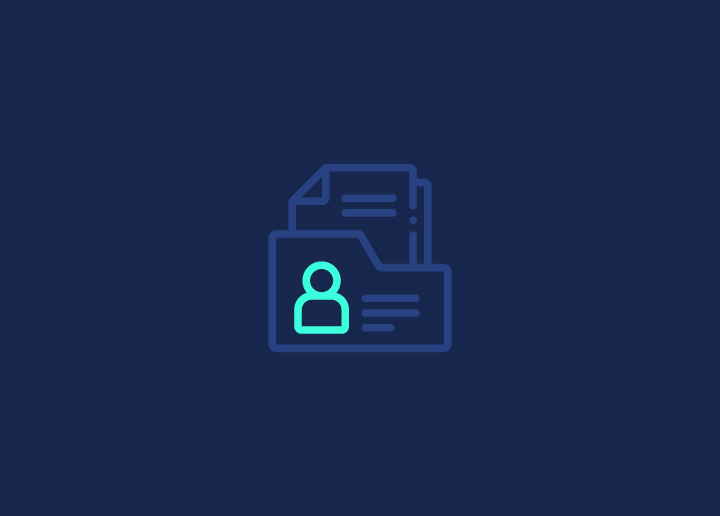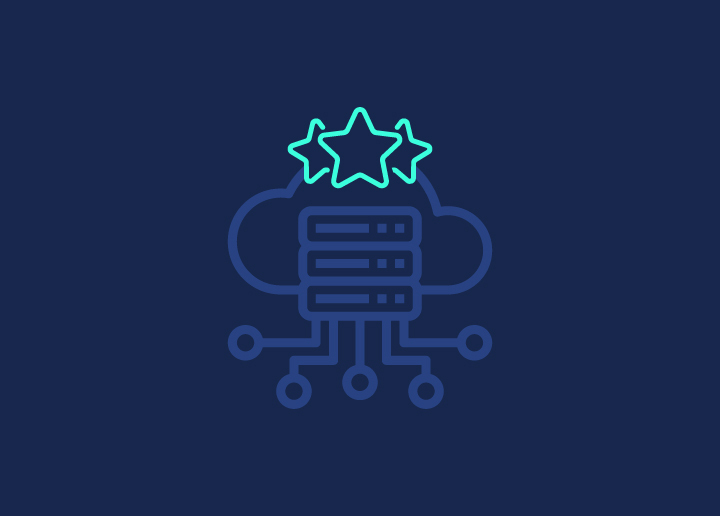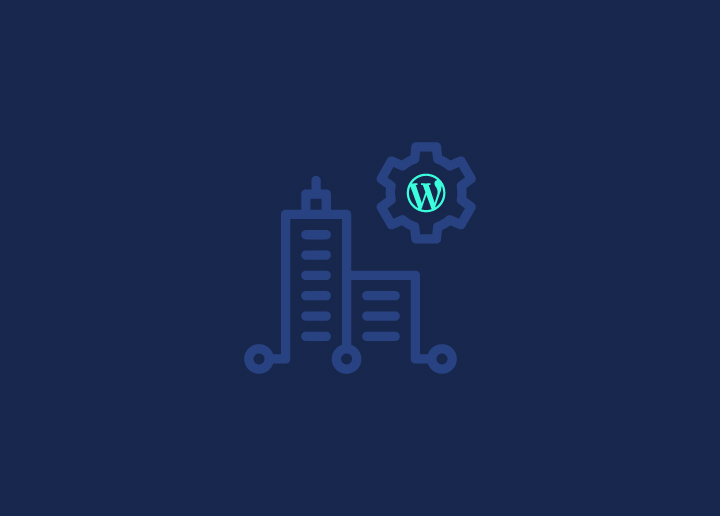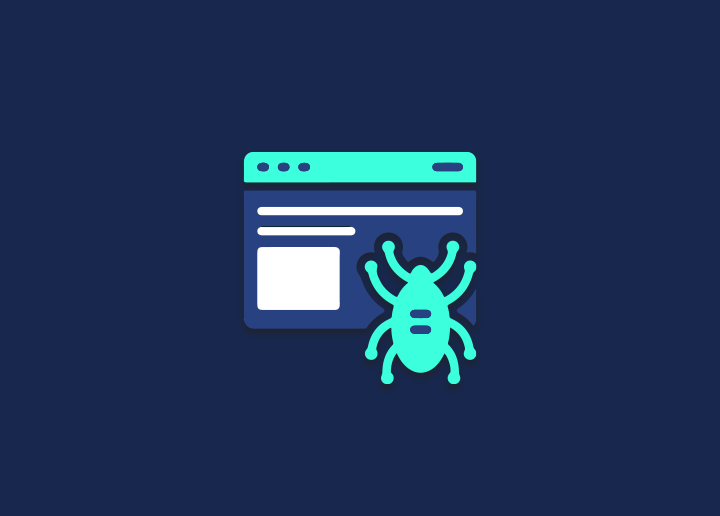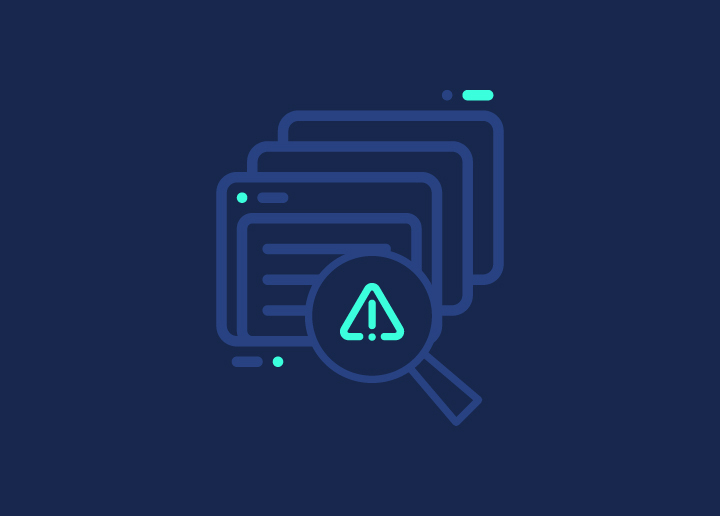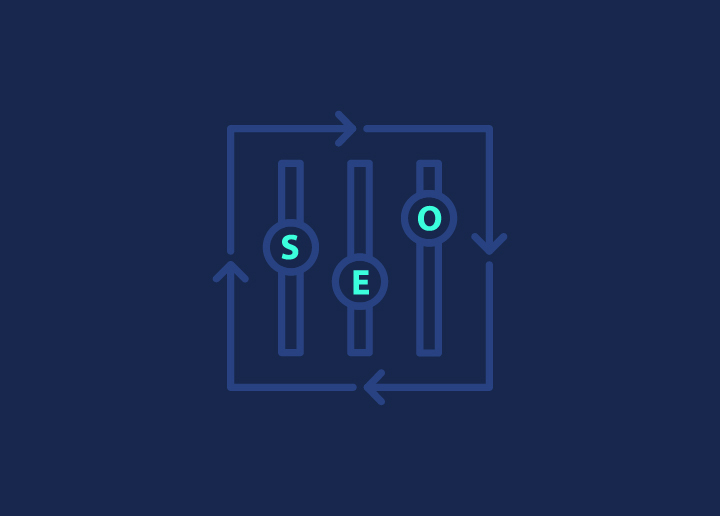Web crawlers, employed by search engines and often referred to as spiders or bots, are tasked with downloading and indexing content over the Internet. A bot like this one is designed to get acquainted with the content of (almost) every website on the Internet to ensure that relevant information may be retrieved whenever needed.
Most of the time, search engines are the ones in charge of running these bots and are responsible for their maintenance. When a user searches using Google or Bing, this produces a list of websites that are returned as results (or another search engine).
One way to think of a web crawler bot is as an individual whose job is to search through all of the books in an unorganized library to compile a card catalog. This card catalog is then available to anyone who visits the library and can be used by them to quickly and easily locate the information they require.
How do web crawlers work?
The Internet is continually gaining new capabilities and expanding its sphere of operation. Web crawler bots start their work from a seed, which is simply a list of URLs that are already familiar to them. This seed is where they get their starting point for their work. This is because it is physically impossible to know the whole number of websites available on the Internet. They start by crawling the websites that may be accessed using the URLs provided. They will continue to crawl those web pages until they discover links to other URLs; at that time, they will add those web pages to the list of domains they will crawl next.
It’s feasible that this process might go for an almost limitless amount of time since so many websites may be indexed for search purposes. Web crawlers also consider other factors indicating the likelihood of the page containing meaningful information. Most web crawlers are not designed to crawl the whole public portion of the Internet. Instead, they decide which sites to crawl first by considering several characteristics like these.
A search engine needs to have indexed a site referenced by many other web pages and has a large number of visits. This is because such a webpage is more likely to include content of high quality and authority. This situation is comparable to how a library would ensure that it has a sufficient number of copies of a book often borrowed by many customers.
Investigating previously visited websites
The information that may be discovered on the World Wide Web is continually being updated, removed, or moved to other websites. Web crawlers must frequently visit the sites they index to guarantee that their databases include the most current version of the material.
Within the specialized algorithms used by the spider bots of the different search engines, these factors accorded differing degrees of significance. However, the end goal of all web crawlers is the same: to download and index content from websites, the web crawlers employed by various search engines will behave slightly differently.
Refer to Seahawkmedia for more such articles.








